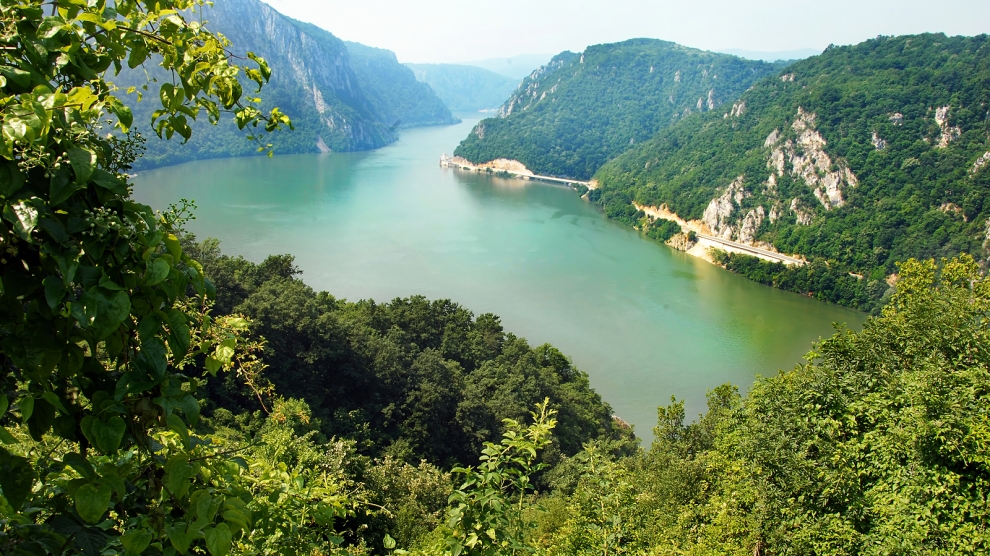Humanity and the way we feed, fuel and finance our societies and economies is pushing nature and the services that power and sustain us to the brink, according to the World Wildlife Fund’s (WWF) Living Planet Report 2018.
The report presents a sobering picture of the impact of human activity on the world’s wildlife, forests, oceans, rivers and climate, underlining the rapidly closing window for action and the urgent need for the global community to collectively rethink and redefine how we value, protect and restore nature.
“Science is showing us the harsh reality our forests, oceans and rivers are enduring at our hands. Inch by inch and species by species, shrinking wildlife numbers and wild places are an indicator of the tremendous impact and pressure we are exerting on the planet, undermining the very living fabric that sustains us all: nature and biodiversity,” said Marco Lambertini, director general, WWF International.
In Central and Eastern Europe, the report shows that destruction of habitats is a key threat to ecosystem health.
“The report confirms what we are witnessing in Central and Eastern Europe, which we call the Green Heart of Europe,” said Irene Lucius, conservation director, WWF-Danube-Carpathian Programme. “Fortunately, there are solutions and we are working on them already. Let’s start with freshwater habitats, which are most threatened. We are calling for the phase-out of old-era hydropower development and advocate approaches for improving navigability and flood management, that are working with nature, not against it. Furthermore, the restoration of freshwater habitats can have great benefits for nature and people.This is why we are working with scientists and governmental agencies on making the Iron Gates dams passable for fish and reconnecting floodplains to the river. We are also identifying critical corridors for large carnivores such as bears and lynx to ensure that new road and rail link projects will not block them. Old-growth forests are increasingly enjoying protection status so that they can continue to serve as places where biodiversity can regenerate. Last but not least, we advocate for greening of the EU’s Common Agricultural Policy – subsidies should only be paid to farmers who take care of their soil, water and pollinators such as bees.”
“Nature has been silently sustaining and powering our societies and economies for centuries, and continues to do so today. In return, the world has continued to take nature and its services for granted, failing to act against the accelerating loss of nature. It is time we realised that a healthy, sustainable future for all is only possible on a planet where nature thrives and forests, oceans and rivers are teeming with biodiversity and life,” added Mr Lambertini. “We need to urgently rethink how we use and value nature – culturally, economically and on our political agendas. We need to think of nature as beautiful and inspirational, but also as indispensable. We – and the planet – need a new global deal for nature and people now.”

